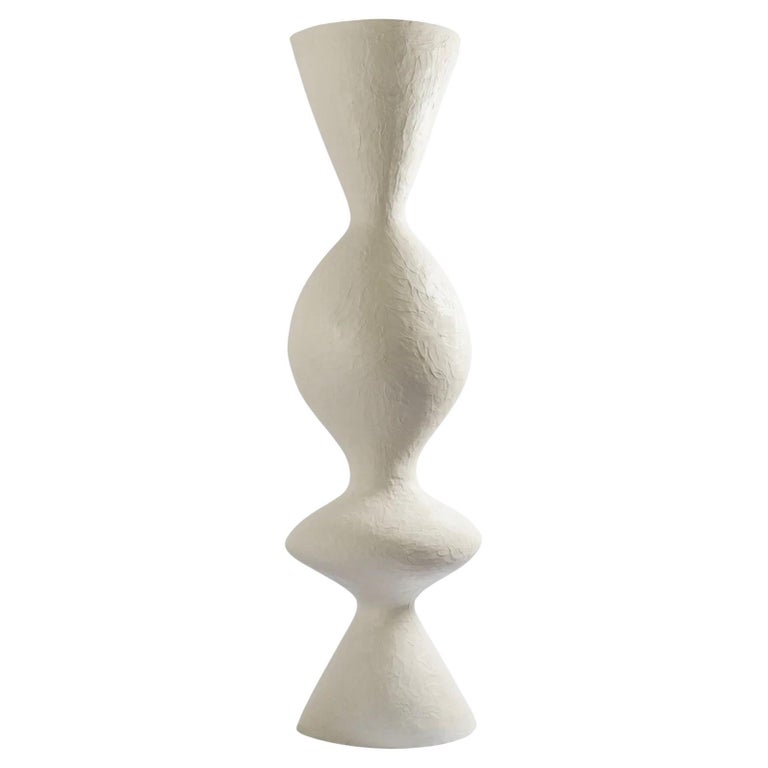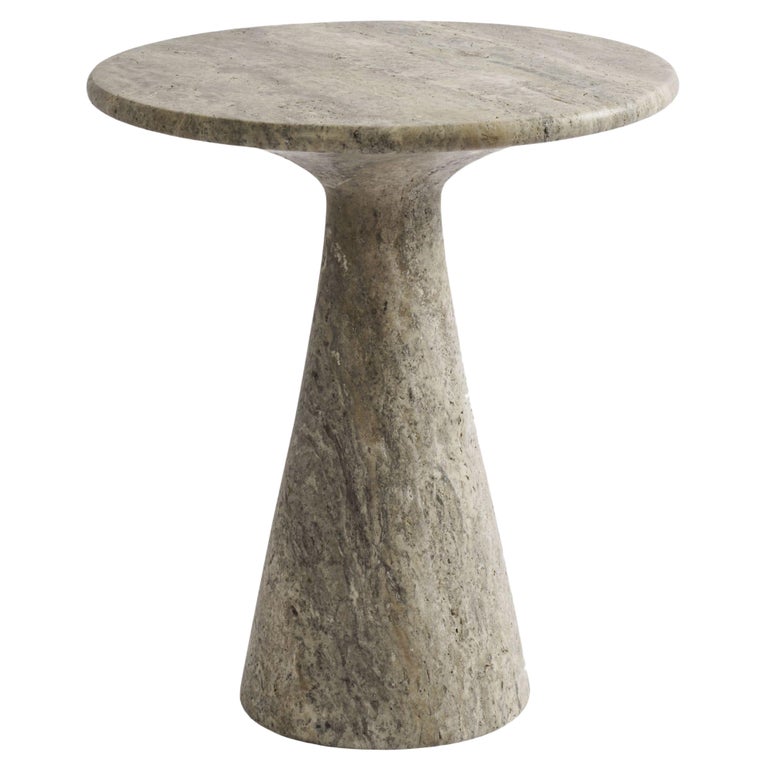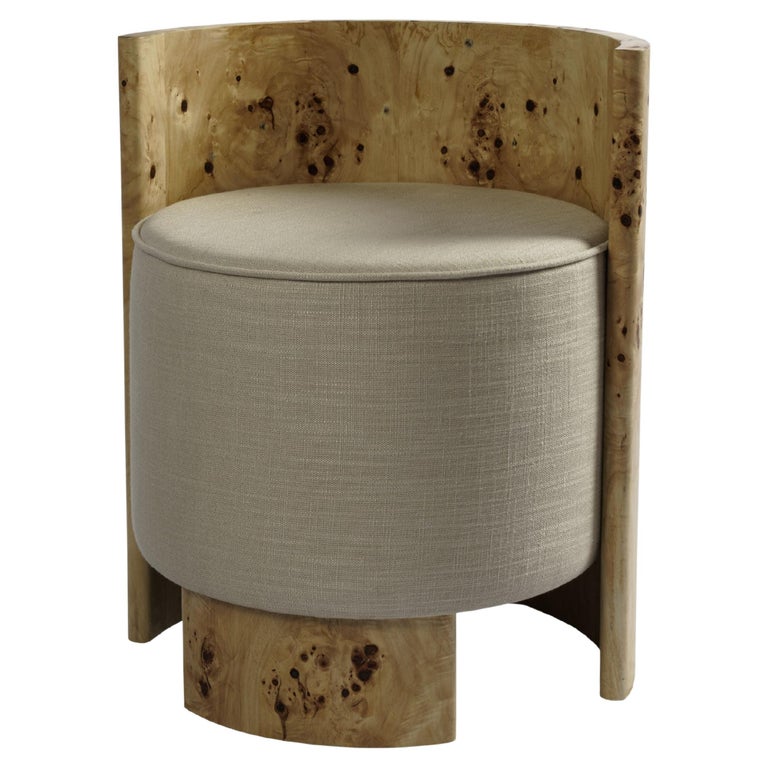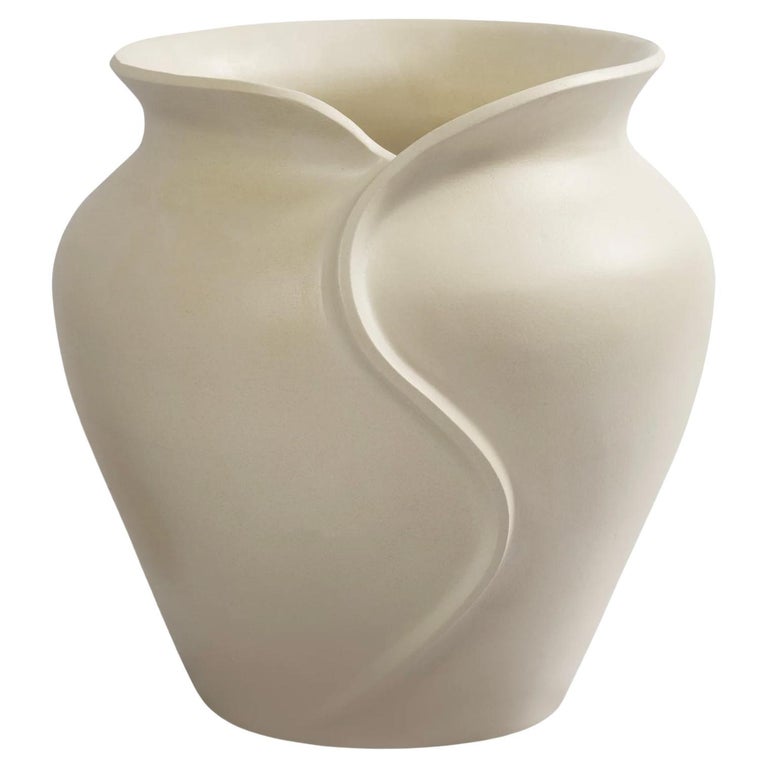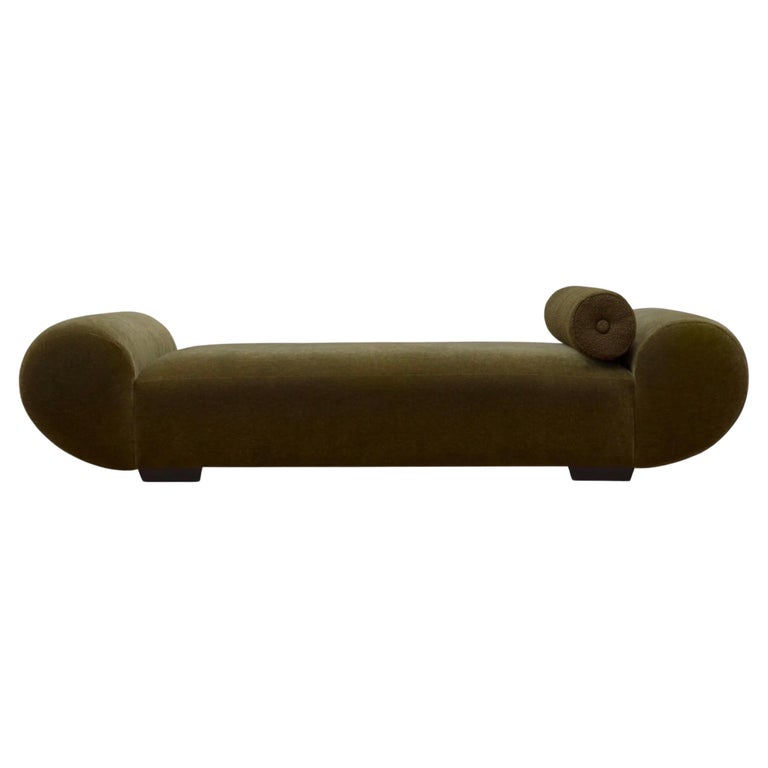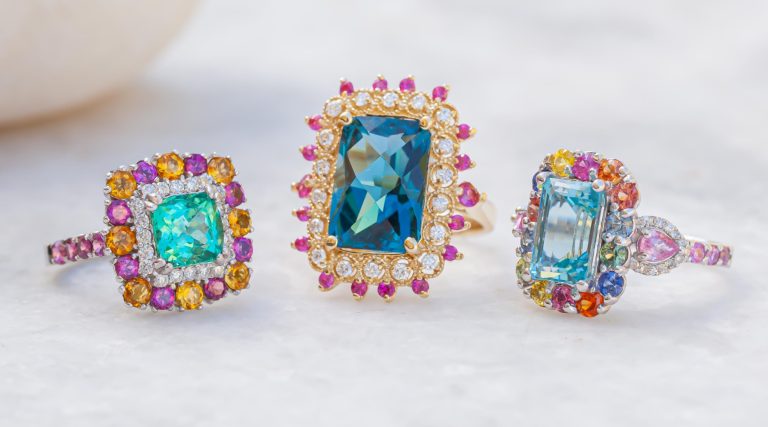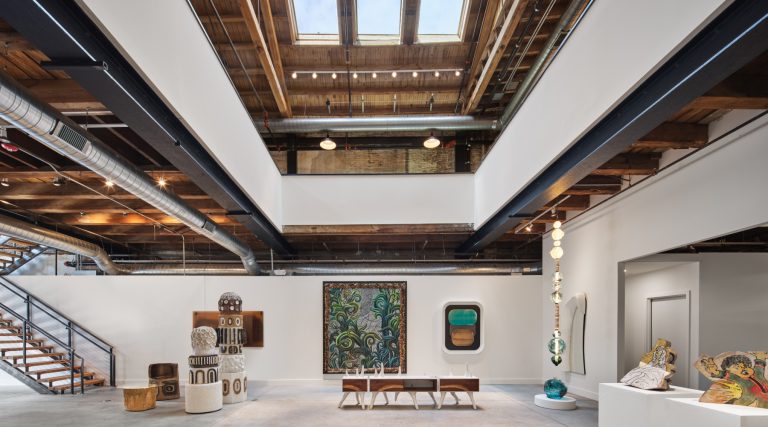September 15, 2024Friends and business partners Julia Ransom and Johanna Dunn, the stylish founders of the year-old London-based furniture company Ransom & Dunn, bonded over their shared love of art, design and travel. In fact, Dunn says it was Ransom’s Instagram feed that convinced her she’d found a kindred spirit. “Her photographs — her eye for fashion, food, architecture, interiors — really spoke to me.”
Both were born in the States and have led peripatetic lives. Dunn, who hails from Chicago and was raised in Detroit, earned a degree in art history from the University of Pennsylvania. She was a buyer and merchandiser at Saks Fifth Avenue in New York before heading to Europe to explore the fashion scene there, moving first to Munich to work for MyTheresa, then to London, where she completed an MBA in luxury management at London Business School.


Ransom, a New Jersey native, started her career in the fashion departments of Vanity Fair and GQ. She pivoted to finance, taking a job with Bloomberg in New York followed by a stint at a boutique investment bank in London, where she was a sales trader in European equities. She left the high-stakes environment of the stock exchange in 2015 to develop her creative side, graduating from London’s Inchbald School of Design, whose alumni include Nina Campbell and Kelly Hoppen.
Having met through friends when they were in New York, the fellow expats rekindled their friendship in London and set about exploring the dynamic realm of furniture design together, inspired by a common appreciation for what they call “pure design” — pieces made of the finest materials by experts in their fields and endowed with a sense of experimentation and sophisticated nowness.

Turning their passion into an alluring business proposition, the two launched Ransom & Dunn in April 2023 and have recently expanded their international reach on 1stDibs. Their collection comprises made-on-demand furniture in bold, streamlined shapes crafted from such prestige materials as Portuguese earthenware, Calacatta Viola marble, ash burl wood and solid walnut and upholstered in sumptuously soft fabrics like mohair velvet and Italian bouclé wool.
The duo’s signature neoclassical style evokes a sense of order and elegance. Believing that each space should have its own unique identity, the pair specialize in statement pieces that anchor a room and serve as a foundation for layering, adding warmth, softness, sculptural dimension and sensory richness to the home setting.
Here, the designers explain how a layered approach to design — and the right lighting — can transform a room, whether your style is exuberantly eclectic or strictly purist, like theirs.

Your collection is informed by classical ideals of symmetry and proportion. What is it about the spirit of antiquity that you’re keen to rekindle?
Dunn: It’s less a case of borrowing from antiquity than creating pieces that would sit perfectly alongside graceful artifacts from the ancient world. We’re great believers in the power of purity: The more simplified a shape, the more elegant it is, and it just looks better for longer too. The idea is that our bold and beautiful pieces can be styled with items from all periods of design. For example, our Athena marble table looks as impactful on its own, without anything on top of it, as it does decorated with an ornate vase.
Ransom: We are planning to introduce new shapes and perhaps harder lines to our collection, but we want to maintain this feeling of simplicity and tactility that has become synonymous with our brand identity. We are in a niche place where everything is made to order. So, we work with very specialized artisans who understand our model, which is to produce individual craft pieces to a very high standard, once again connecting to this idea of classicism and authenticity.

Your monumental floor lamps are inspired by the curves of the female form and stand like sentinels. They’re so full of character. How did they come about?
Dunn: Our artisan is based in Óbidos, in the Oeste region of Portugal, known for its pottery tradition. He trained as a sculptor and has extensive knowledge of different materials, including bronze, earthenware, ceramics and eco-resin, which we also work with. We went to his studio and drew the lamps with him, and they just sort of came to life there and then, which was magical. Professionally, I don’t think we’ve ever learned so much from one person. But the pathway from idea to production is always an education, because there are so many things to consider, and the person who brings your vision to life also becomes your teacher. Right now, we’re exploring the world of metal, which is full of possibilities. You can cast things, sandblast things, plate things — the list goes on. It’s exciting.

The living room is often considered the heart of the home, but decorating this space can be daunting. Do you have any golden rules when it comes to creating a room scheme?
Ransom: Ask yourself the right questions. Is this a space for peace and relaxation or lively family reunions? How many people should it comfortably sit? How much uncluttered space do I generally like to have around me? Also use a large foundation piece as a guide. Personally, I think the rug is an important starting point. Once you choose one, the sofa can follow. Then it’s a question of layering. By gradually adding essential pieces, such as chairs, coffee tables and plinths, you achieve a more unified composition. We’re also big believers in the positive effects of good lighting, which can open up a room or ‘draw in’ the atmosphere for a cozy feel. Lighting can turn an otherwise boring room into a place that’s really inviting. Something that really irks me is spotlights, which aren’t flattering at all. Keep them to the kitchen.
How do you style your own designs?
Ransom: I just bought some beautiful Art Deco vases that I’m styling on our Juno cocktail tables. I also have a really nice sculpture by [French contemporary] artist Claude Boutin to sit on our marble plinth.
Dunn: I bought a beautiful wooden bowl by the Brazilian maker ETEL, which I displayed on a custom dining table at an exhibition of our work. The table had a slate top and steel base, so the contrast between textures was really stunning.

Forget the perfect bed — what makes a perfect sofa?
Ransom: It’s funny, because the most comfortable sofas aren’t always the best-looking ones. They can be squishy! But striking a balance between comfort and style can be done. Our Sparta sofa and matching armchair, which we like to call a loveseat, are visually impactful, thanks to their exaggerated curves and bolster arms. They’re designed to look inviting, and they’re covered in our signature cream velvet mohair, which has a soft, satisfying pile that’s incredibly tactile. We tend to choose muted, natural tones, but everything is customizable. A client recently asked us to cover his Sparta sofa in lime-green Pierre Frey linen, which was a step out of our comfort zone in terms of tone and texture, but it turned out so cool. We try to use heritage textiles as often as possible. Next on the list is alpaca, so we’re in discussions with mills in Peru.


As new business and creative partners, do you ever lock horns?
Ransom: The reason we gravitated toward one another is because we both really do share a very similar aesthetic. However, I’m a bit more of a risk taker, and Johanna is much more refined, so we have learned to meet in the middle. Occasionally, I’ll get a no. And I know when it’s a hard no from Johanna, it’s short for “Don’t push your luck!”
Dunn: It’s true. I could live in neutrals forever. I’ve never considered it a trend — it’s a lifestyle choice! But a muted palette isn’t always the best way to showcase our products. It’s important to adapt and listen to each other and the client.

